Education plays a major role in how much people earn in the United States and how secure their jobs are. The data from the bureau of labor statistics shows that the highest earners are people with professional degrees, who make a median weekly wage of about $2,363 and face an unemployment rate of just 1.3 percent. Close behind them are workers with doctoral degrees, who earn around $2,278 weekly with the lowest unemployment rate of 1.2 percent.
On the other hand, the lowest earners are people without a high school diploma. Their median weekly earnings are about $738, and they face the highest unemployment rate in the at 6.2 percent. Even those who completed high school but did not go further earn much less compared to college degree holders, with median earnings of only 930 dollars per week.
Key Takeaways
- Graduate-level education such as master’s, doctoral, and professional degrees leads to the highest earnings and the lowest unemployment rates in the US.
- The gap between people who did not complete high school and those who did is very wide, both in terms of earnings and job opportunities.
- Every step up the education ladder, from high school to college to graduate degrees, brings an increase in earnings and a decline in unemployment rates.
Median Weekly Earnings by Educational Level in the United States
The following table shows the median usual weekly earnings and unemployment rates for full-time wage and salary workers aged 25 and over, based on their highest level of educational attainment.
| Educational Attainment | Median Usual Weekly Earnings ($) | Unemployment Rate (%) |
|---|---|---|
| Doctoral degree | $2,278 | 1.2% |
| Professional degree | $2,363 | 1.3% |
| Master’s degree | $1,840 | 2.2% |
| Bachelor’s degree | $1,543 | 2.5% |
| Associate’s degree | $1,099 | 2.8% |
| Some college, no degree | $1,020 | 3.8% |
| High school diploma | $930 | 4.2% |
| Less than a high school diploma | $738 | 6.2% |
| Total | $1,221 | 3.3% |
Source: U.S. Bureau of Labor Statistics
Earnings of Major Degree Holders in The United States
Looking at specific groups, bachelor’s degree holders stand out clearly. On average they earn $1,543 per week, with an unemployment rate of 2.5 percent. This is a significant jump compared to those with only an associate degree or just some college but no degree. The bachelor’s degree continues to be a gateway to better-paying jobs and more career opportunities.
The difference grows even larger when we look at graduate degrees. A master’s degree brings average earnings of about $1,840 per week with an unemployment rate of 2.2 percent. Doctoral and professional degree holders sit at the top, both earning more than $2,200 weekly and enjoying unemployment rates just above 1 percent. These numbers highlight how advanced degrees not only boost income but also provide much stronger job security.
The Relationship Between Education and Earnings
The relationship between education and earnings is direct and consistent. More education usually means higher wages and lower unemployment. People with advanced schooling have more specialized skills and training that employers are willing to pay for. They also have access to industries and careers that typically offer better pay.
Median U.S. Weekly Earnings by Age Group – Q2 2025
Education also acts as a signal to employers, showing that a worker has completed difficult programs, stayed committed, and built important skills. Those with more education often have more job options, which makes it easier for them to switch careers or find new positions if needed.
The Challenges of Higher Education
Higher education usually helps people earn more, but it’s not always perfect. Going to college can be expensive, with tuition, living costs, and sometimes debt, and the payoff depends on what you study and where you go. Your field of study matters a lot — some majors lead to high-paying jobs, while others don’t pay as much.
Location and work experience also play a big role, because even with a degree, you might not earn a high salary if jobs in your area are limited. And for those who start college but don’t finish, there are still some benefits, but they often end up with the costs of school without the full rewards of a degree.
Conclusion
According to the data from the bureau of labor statsistics it is clear that education pays off. While it requires time, money, and effort, the benefits are seen in higher weekly earnings and lower unemployment rates across all levels. A high school diploma may provide a basic foundation, but moving up to associate, bachelor’s, and graduate degrees creates real improvements in both income and job security.

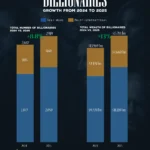
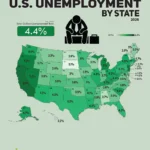


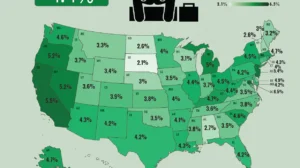
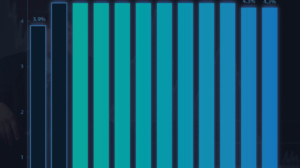
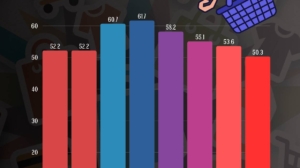
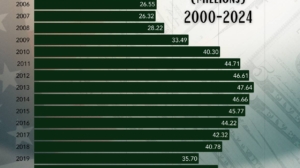

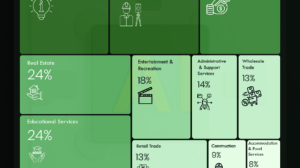
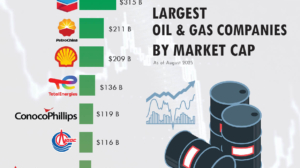

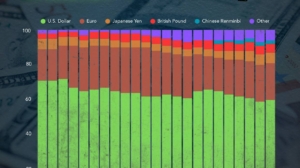

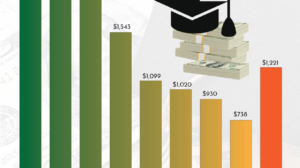
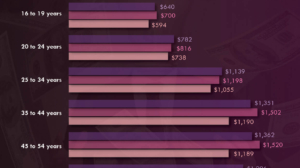
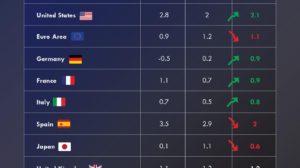



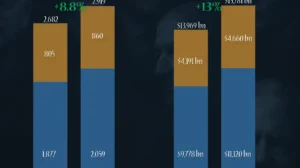

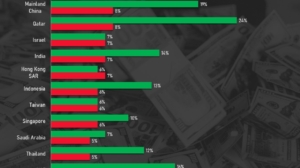
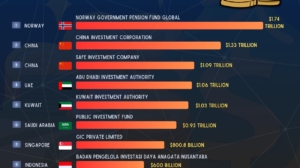
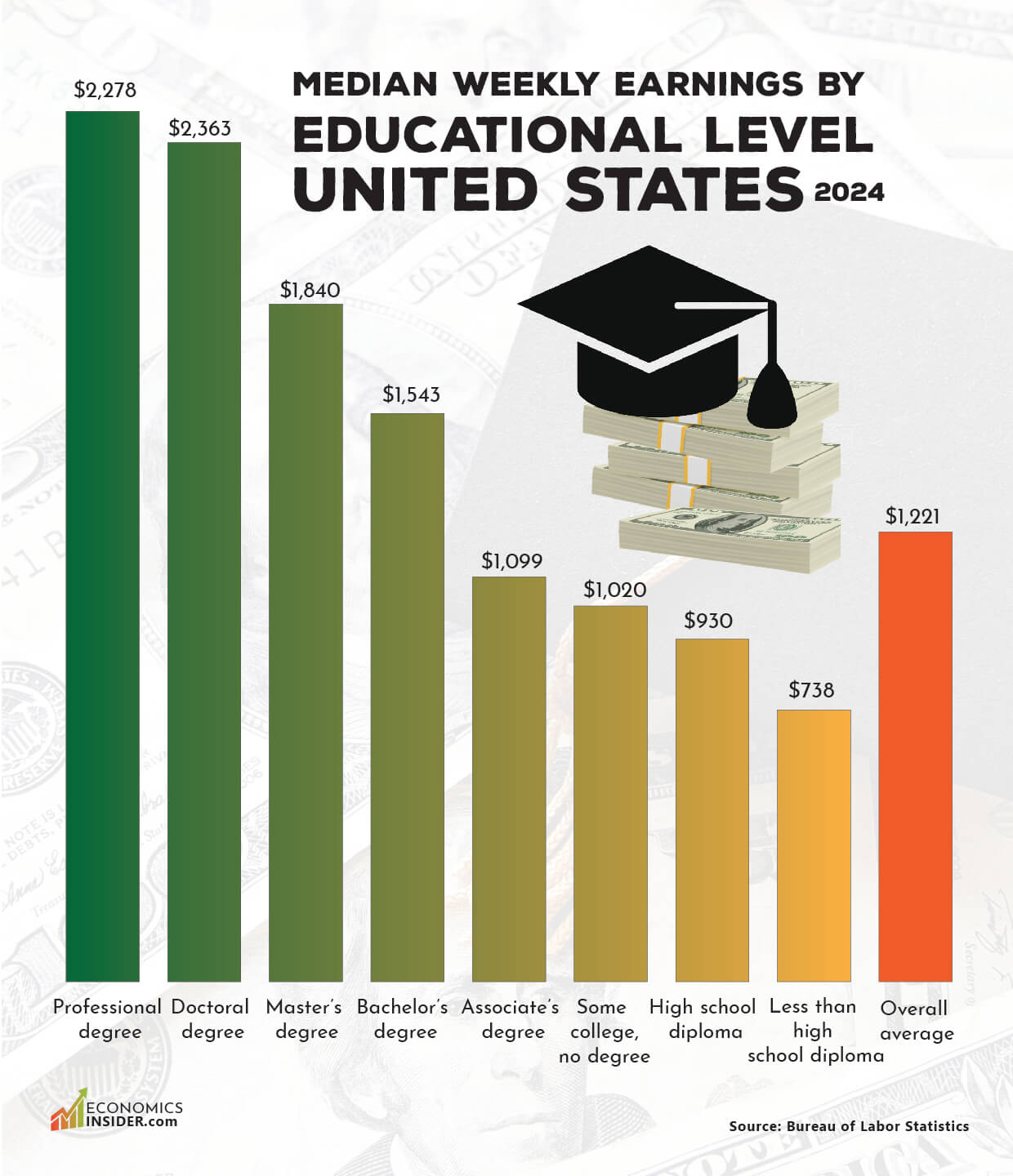

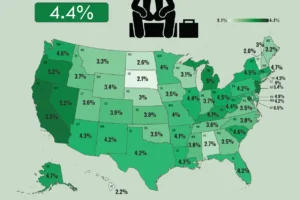
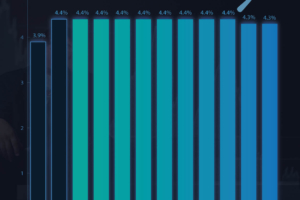
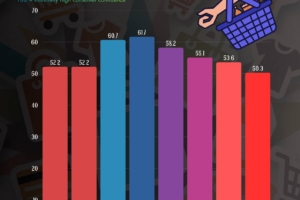









Add Comment